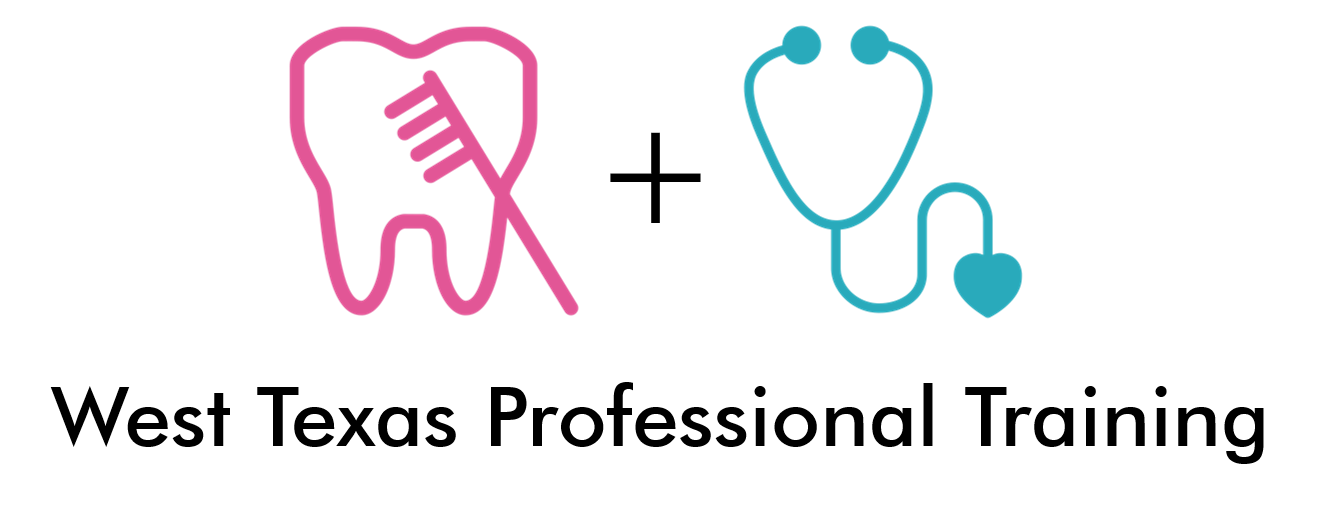Visiting a Cadaver Lab
There are several potential benefits for medical assistants visiting a cadaver lab as part of their training or education. Here are a few:
Anatomy Understanding: Cadaver labs provide a unique opportunity to observe and study human anatomy in a three-dimensional and realistic manner. By examining real human bodies, medical assistants can gain a deeper understanding of the structures, relationships, and variations within the human body. This hands-on experience can enhance their knowledge of anatomical landmarks and help them better comprehend the complexities of the human form.
Surgical Preparation: Medical assistants who work in surgical or clinical settings may find value in observing cadaver dissections. This exposure can familiarize them with surgical techniques, instruments, and procedures. It can help them understand how to assist during surgical procedures, anticipate surgical needs, and ensure a sterile and organized environment.
Professionalism and Compassion: Working with cadavers can cultivate empathy, respect, and professionalism among medical assistants. It provides an opportunity to reflect on the gift of body donation and the importance of treating human remains with dignity and care. This understanding can translate into compassionate and respectful care for living patients.
Teamwork and Communication: Cadaver labs often involve group activities and discussions, promoting teamwork and communication skills among medical assistants. They can learn to collaborate effectively with peers, share knowledge, and ask questions, fostering a collaborative and supportive learning environment.
Overcoming Fear and Discomfort: For some individuals, working with cadavers may initially evoke fear or discomfort. However, exposure to a cadaver lab can help desensitize individuals to these emotions, allowing them to develop resilience and overcome potential barriers related to working in healthcare settings.
It's important to note that the specific benefits and educational objectives of cadaver labs may vary depending on the program and the goals of the medical assistant's training or education.
Our Medical Assisting students have the wonderful opportunity to visit Institute of Anatomical Sciences within the Texas Tech Health Sciences Center.
Come see what sets our program apart! Call or text us at (801) 709-3381 for more info.


